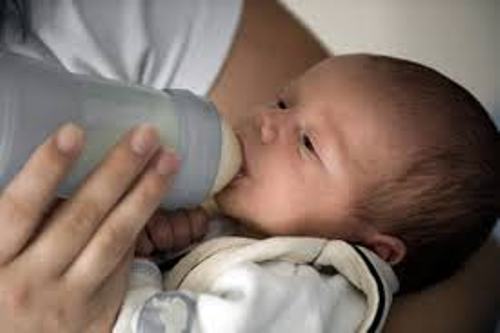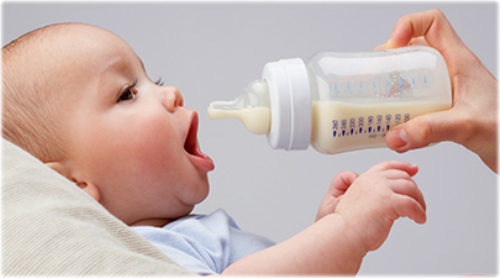10 Facts about Bottle Feeding
Facts about Bottle Feeding talk about the infants who drink the milk from a bottle with a teat. When the mother cannot breastfeed the children, the bottle feeding is considered as the best alternative. The bottle feeding can use the pediatric electrolyte solution, expressed breast milk and infant formula. Let’s check more interesting facts about bottle feeding below:
Facts about Bottle Feeding 1: the size of bottle feeding
There are two types of bottle feeding sizes. The small one is 150 ml, while the large one is 280 ml.
Facts about Bottle Feeding 2: the items used in bottle feeding
When you want to give bottle feeding, you have to prepare several items such as the bottle, a disposable liner, a cap for covering the teat, a ring for sealing the teat and a teat. Get facts about birth here.
Facts about Bottle Feeding 3: the design of the bottle
The bottle used in the bottle feeding is designed specifically. The bottle is not very tall for it can incline easily. When the baby drinks it at normal angle, the content inside the bottle will never flood for it is made in high height to width ratio.
Facts about Bottle Feeding 4: the design of the teat
Compared to the real nipple of a mother, the teat is designed in slimmer shape. The industry manufactures the teat to resemble the look, shape and texture of a real nipple. Find out baby facts here.
Facts about Bottle Feeding 5: the marketing of teat
The teat is marketed in the stores in various designs and shapes. You can select it based on the age of the infant for it is made in different flow rates.
Facts about Bottle Feeding 6: the flow rate
The flow rate of bottle feeding is seen from the holes of the teats. It can feature more holes or fewer holes. The different flow will occur by having the hole in asymmetric style.
Facts about Bottle Feeding 7: the initial design of vented bottles
The earliest design of vented bottles was not possible to sterilize and clean. It was made in valve system and complex spring.
Facts about Bottle Feeding 8: the accessories of bottles
If you are interested to get a new vented bottle, don’t forget to check the accessories such as drying racks and cleaning brushes.
Facts about Bottle Feeding 9: the regulation
Baby bottles are not regulated in many countries in the world even though the infant formula is highly regulated. The materials to create the bottles and teats are regulated in several countries.
Facts about Bottle Feeding 10: bisphenol A
Bisphenol A is considered as a dangerous material. Therefore, all EU countries prohibited the usage of bisphenol A in baby bottles in 2011.
Do you want to comment on facts about bottle feeding?








